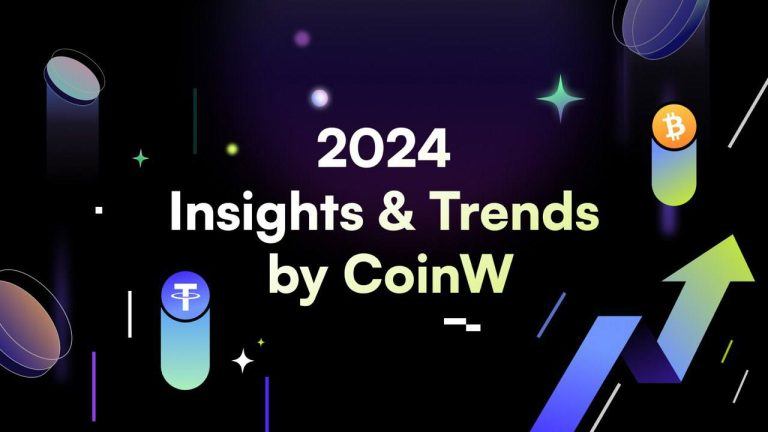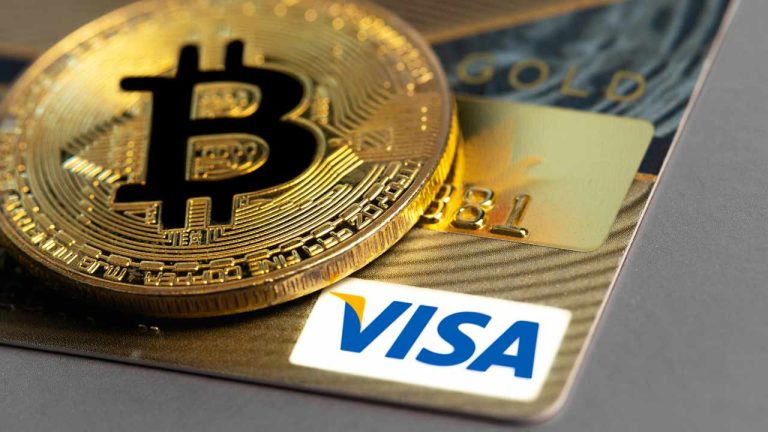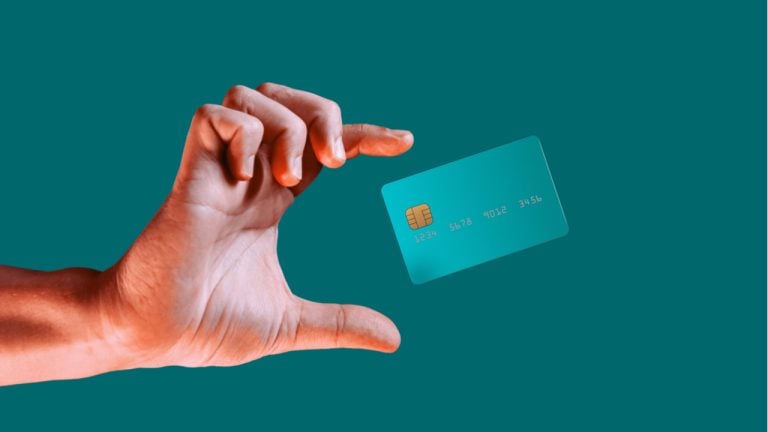
Visa is set to integrate its B2B connect network with JPMorgan’s suit of blockchain based cross-border payment products.
Traditional finance and payment giants JPMorgan and Visa are teaming up to streamline the use of their private blockchain solutions Liink and B2B Connect to facilitate cross-border payments.
According to an Oct. 11 report from Forbes, JPMorgan’s Liink is a network specifically designed for cross-border transfers and is offered under the bank’s blockchain and payments initiative Onyx. Onyx provides a platform for institutions to share financial information and validate transactions.
Visa’s B2B Connect is a similar network to Liink that was built for institutional grade use and has now been integrated with Onxy’s Confirm.
Confirm is an account-information validation product, and ensures that transacting parties provide genuine identities and correct information. Onyx touts that Confirm is capable of verifying more than 2 billion bank accounts from 3,500 financial institutions.
Finextra reported yesterday that J.P. Morgan is looking to rope in a host of founding member banks across the globe, as it works to launch Confirm in 10 countries by the end of this year. Moving forward, the bank is said to be eying a roll out in 30 countries next year.
German financial behemoth Deutsche Bank has also signed on to become a founding member of Confirm.
Confirm’s global head Alex Littleton explained in a public statement that “Confirm’s growth is heavily influenced by network effects,” adding that, “Naming Deutsche Bank as a founding member, while also establishing interconnectivity to Visa B2B’s blockchain, will accelerate our adoption on a global scale.”
With Visa teaming with JPMorgan and its suite of blockchain products, it seems that the duo have an eye on providing an alternative to the commonly used Society for Worldwide Interbank Financial Telecommunications (SWIFT) messaging system to manage and facilitate cross border payments.
Related: SWIFT says it has reached a ‘breakthrough’ in recent CBDC experiments
The notion of cross-border payments has been in the spotlight this week, with the Monetary Authority of Singapore (MAS) revealing on Monday that it could look to utilize blockchain tech to provide solutions to current issues with such, including speed and costs.
Ravi Menon, Managing Director, Monetary Authority of Singapore, noted in a keynote speech that the current state of cross-border payments is “not fit for the 21st century,” adding that:
“It is slow, costly, opaque, and inefficient, relying on an archaic network of correspondent banks.”
He outlined that the expansion of “private sector blockchain-based payment networks” could be one of the possible ways to solve this.
XRP creators Ripple Labs has also made moves with its cross-border payments product On-Demand Liquidity (ODL ) this week. On Oct.11 it announced partnerships with payments firm Lemonway and money transfer provider Xbaht that will see the duo leverage the ODL network to provide crypto payments for customers in France, Thailand and Sweden.








